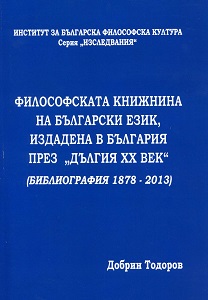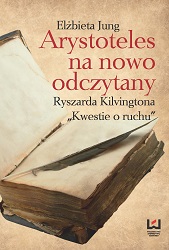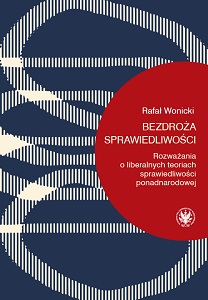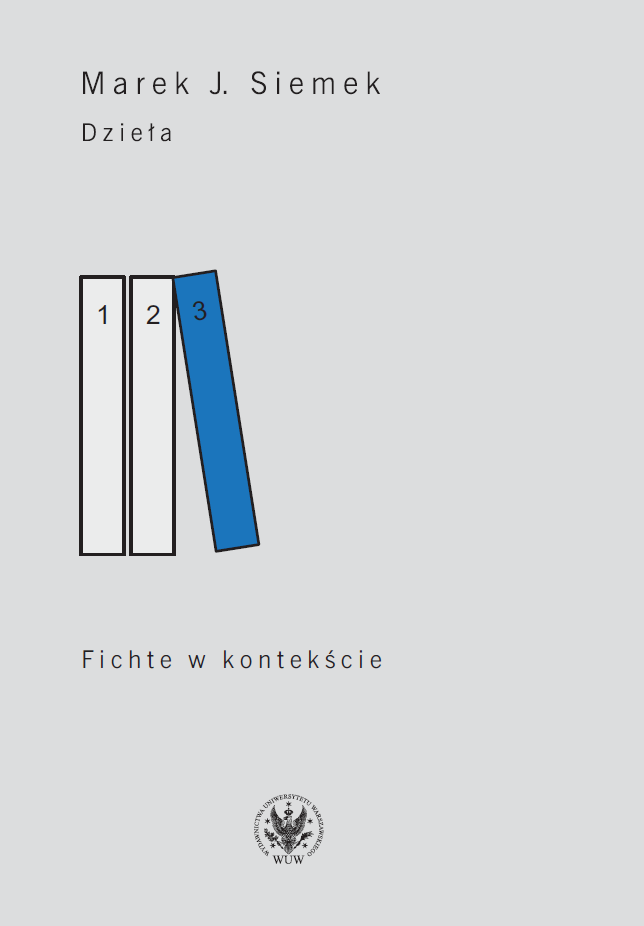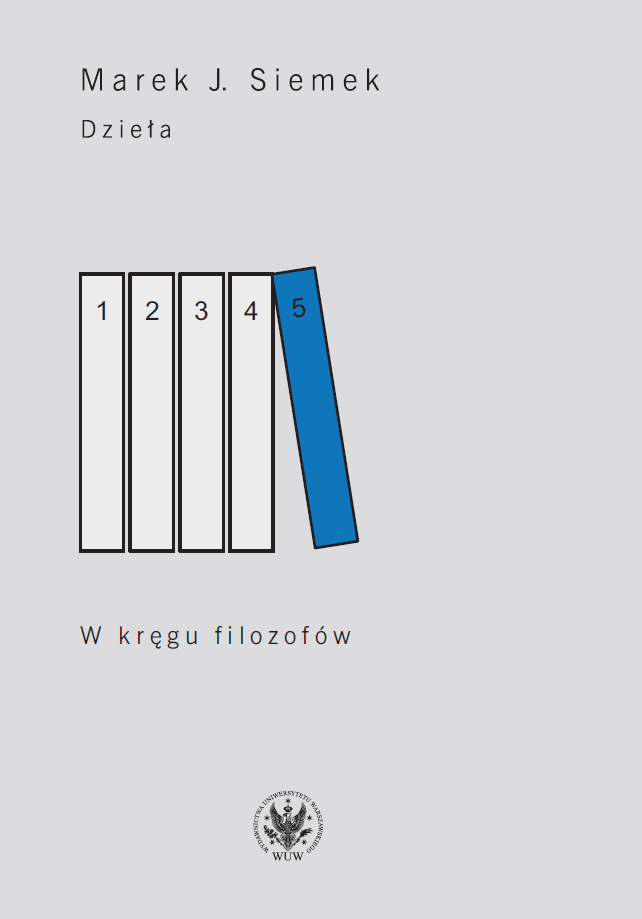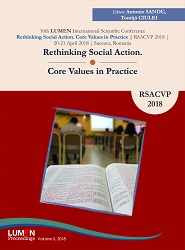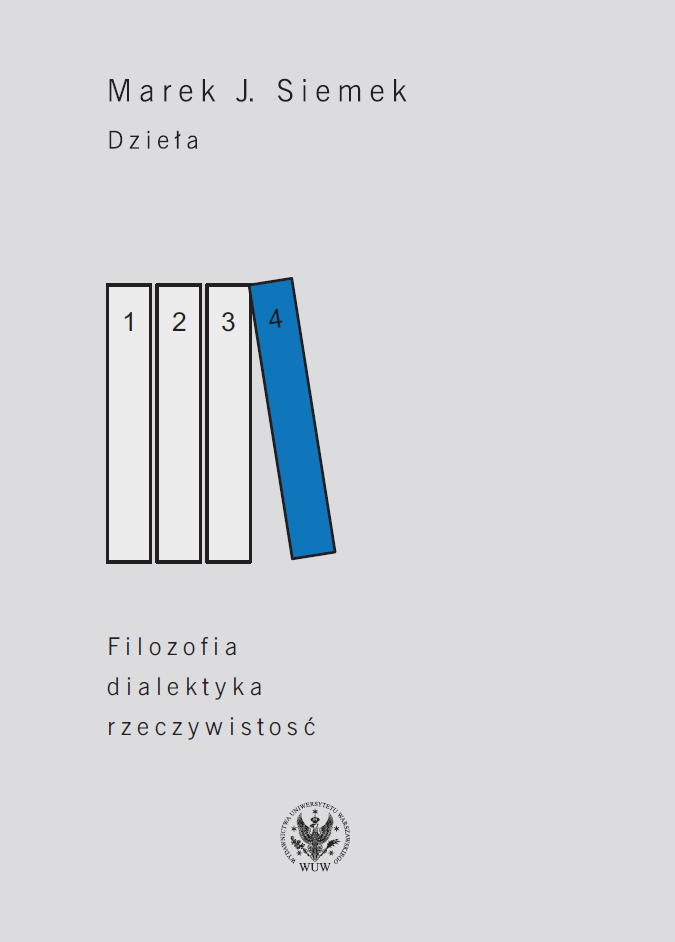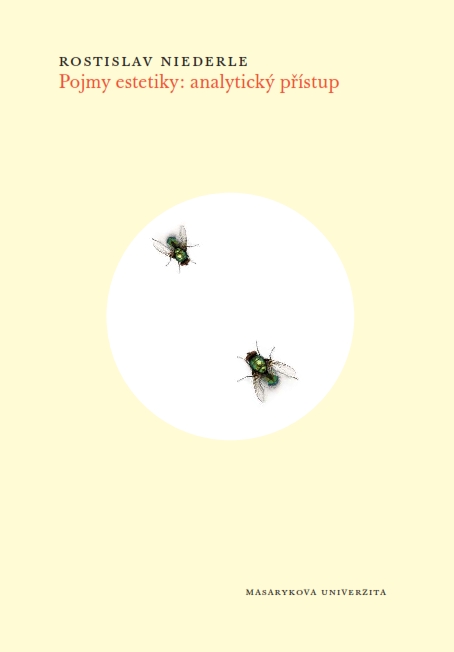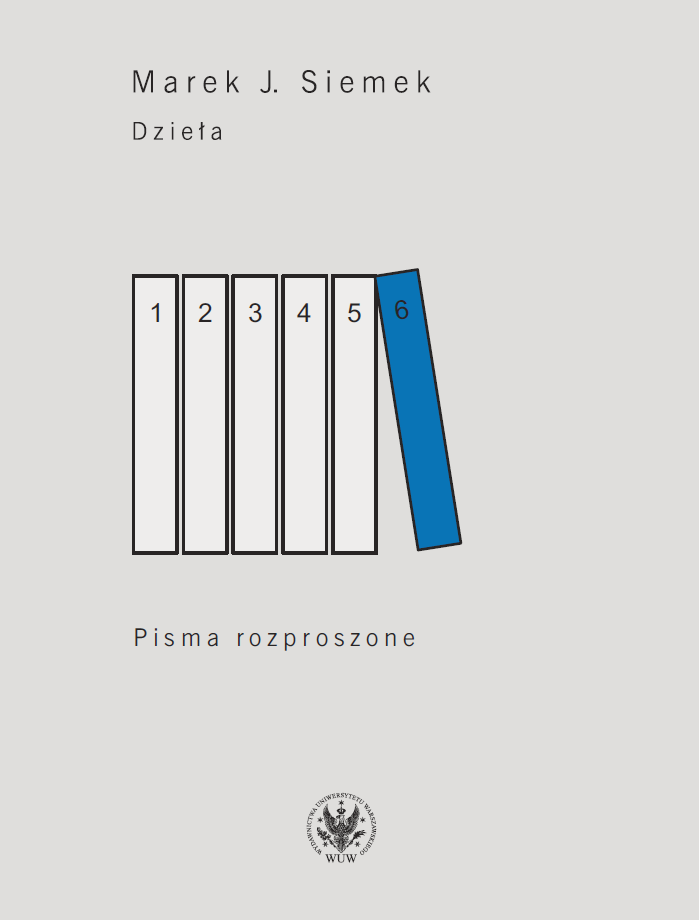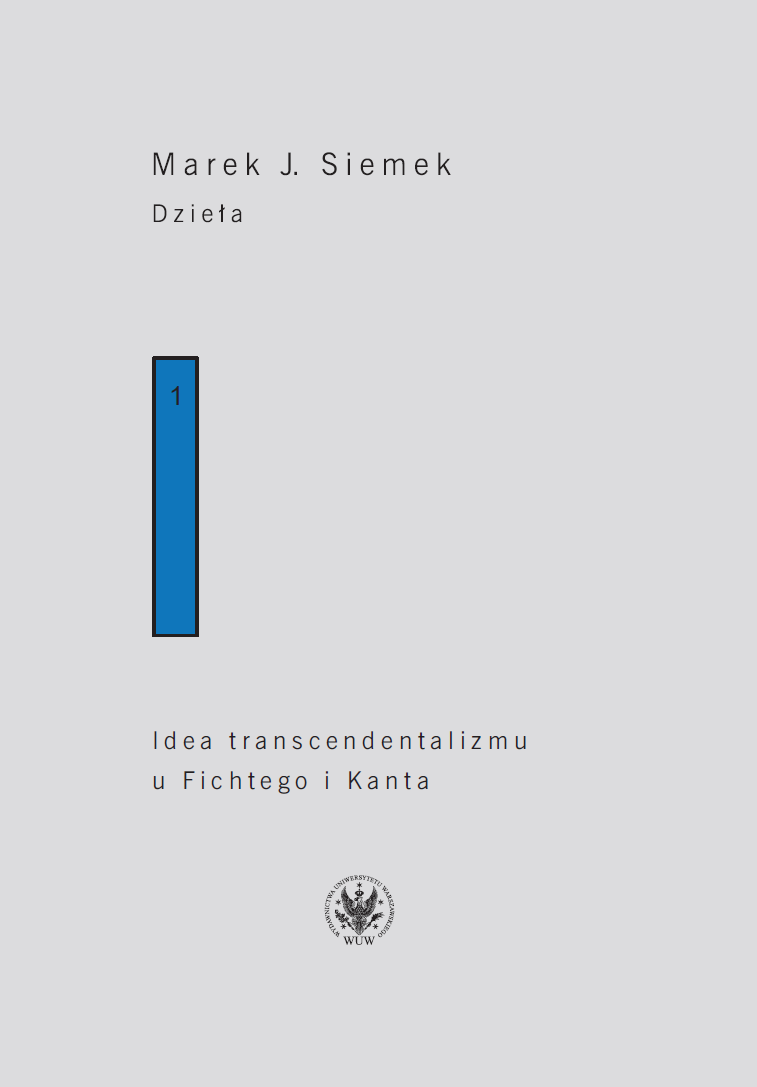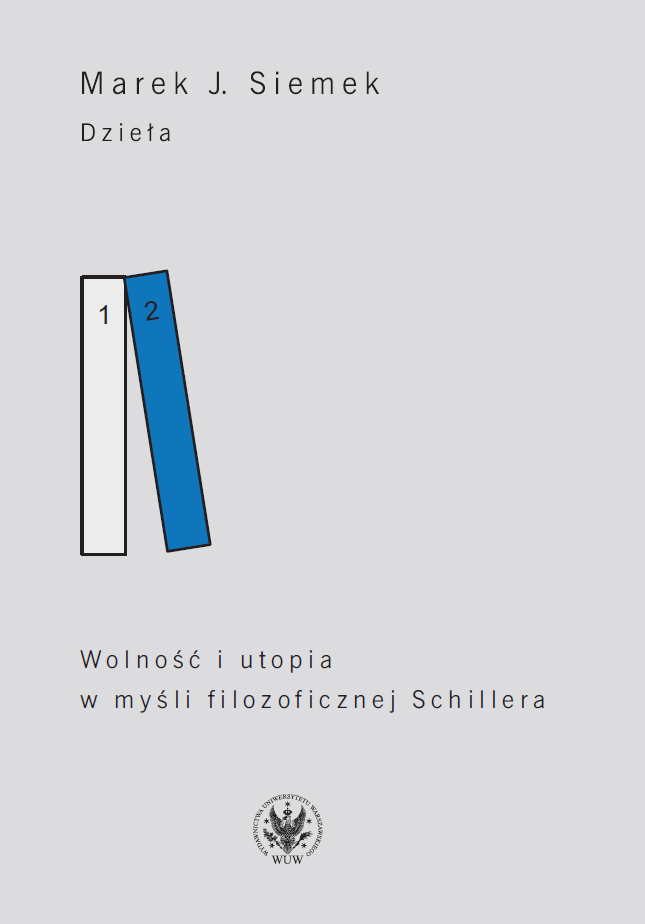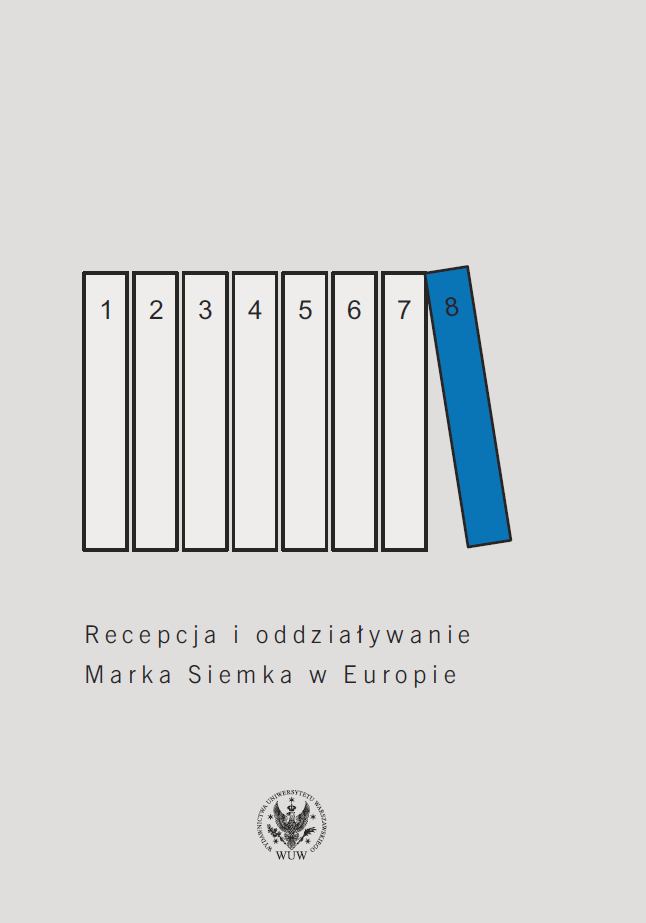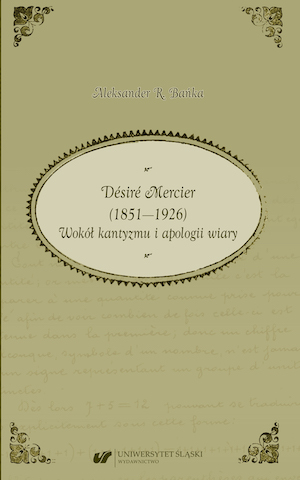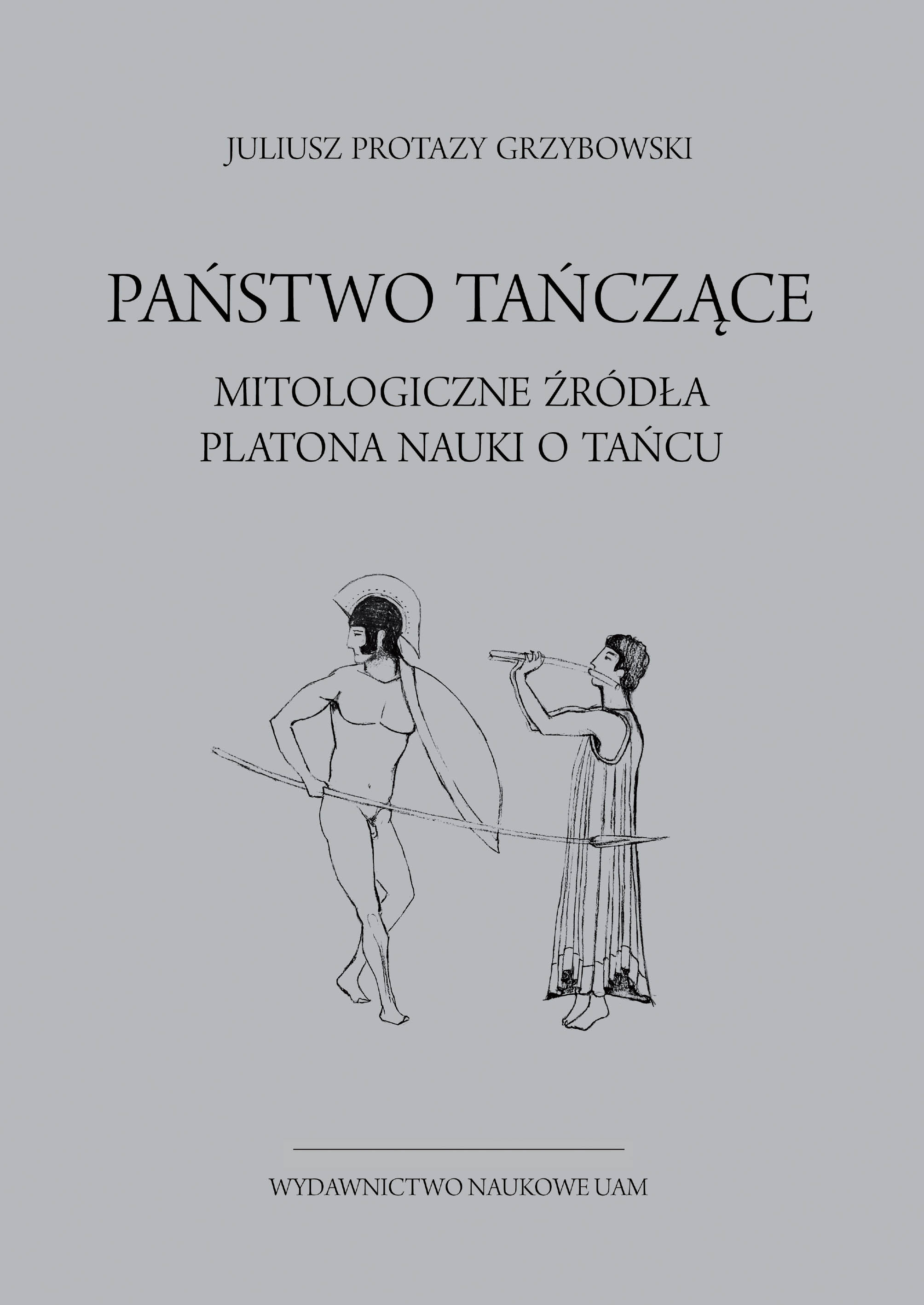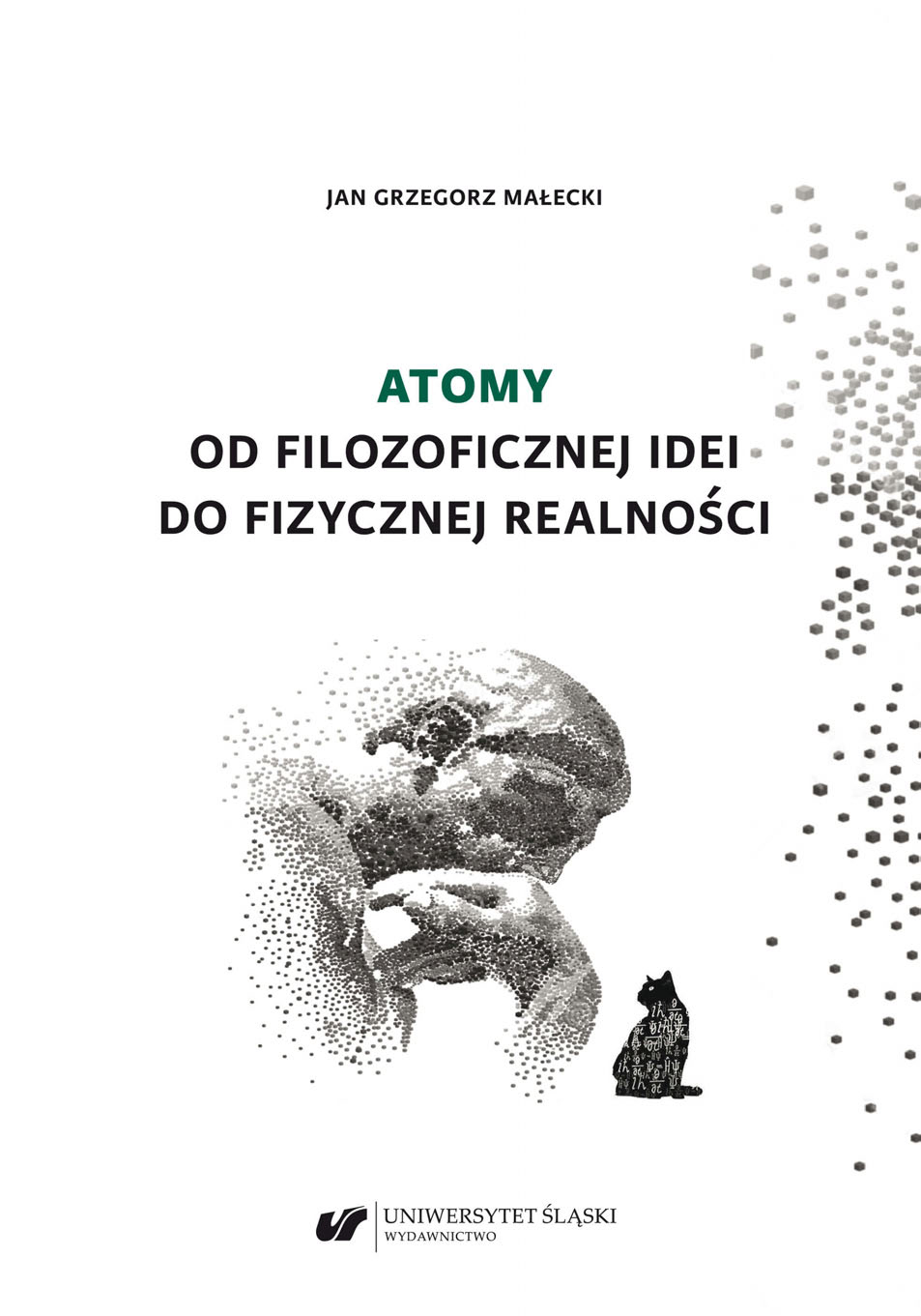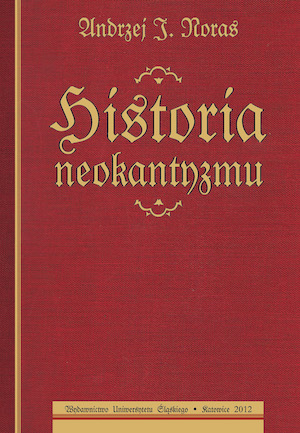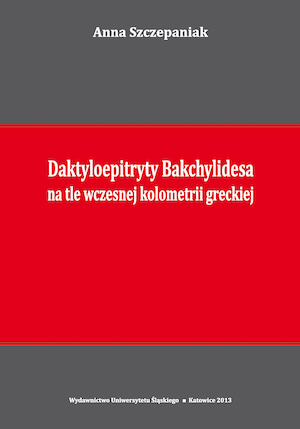Author(s): Andrzej J. Noras / Language(s): Polish
Neo-Kantianism, being one of the most important philosophical trends in thesecond half of the 19th century and the first twenty years of the 20th century, isan almost unknown phenomena. The World War II and, as a result of it, a dominationof an analytic philosophy in the European continent led to the situation inwhich as late as in the 1980s systematic studies on neo-Kantianism graduallystarted to be conducted. As a result of this research, a fuller picture of this extremelyimportant philosophical trend is created. Out of the necessity to show therichness of thought and its complexity within neo-Kantianism, the book consistingof two parts was written. The first part describes the origins of neo-Kantianism,while the second its development.The first part presents the most important elements that influenced the historicaldevelopment of neo-Kantianism. Thus, the analysis starts from terminologicaldesignation, necessary to present the characteristics of neo-Kantianism. Onlyestablishing a definition of neo-Kantianism and its time frames allows for historicalanalyses. Initial considerations, excluding terminological establishments, startfrom an assumption that a philosophy of neo-Kantianism does not come fromnothing, but is grounded in philosophers’ considerations referring to the conceptionof Immanuel Kant; and not only after Hegel’s death, but earlier, somewhatparallel to him. It seems that the most important philosophers have to be mentionedwho, during Hegel’s life, in a way against fashion, refer to Kant. The strongestopponents to Hegel are Arthur Schopenhauer, Jacob Friedrich Fries, Johann FriedrichHerbart, Friedrich Eduard Beneke and Bernard Bolzano. It needs to be statedthat it was not Schopenhauer, as it is commonly believed, but Fries whoplayed an important role in polemics with Hegel. However, the first to remindKant’s thought was Beneke.Further on, the subject of the study is the analysis of the role of philosophy inmid 19th century, a special emphasis being put on a few thinkers. The first ofthem is Friedrich Adolf Trendelenburg, the second Rudolph Hermann Lotze andthe third Johann Eduard Erdmann. As an important element of critique of Hegelspeculative teism as well as Christian Hermann Weiss’ and Immanuel HermannFichte’s philosophies ar mentioned. The next step is to show the disputes in understandingphilosophy that took place in the mid 19th century as an importantsource of neo-Kantianism. Particularly important are the disputes on materialismand debate between Trendelenburg and Kuno Fischer. Finally, the reference ismade to another two thinkers who, apart from the participants of the debate,mention Kant directly. They are Jürgen Bona Meyer and Ernst Freiherr vonFeuchtersleben. Here the name of Beneke apears once more, because of hispublication from 1832 entitled Kant und die philosophische Aufgabe unsererZeit, on the basis of which he can be called a precursor of neo-Kantianism.Besides, it seems that also Rudolf Haym, an author of Hegel und seine Zeitpublished 50 years after Hegel’s Phenomenology of Spirit, played an importantrole in neo-Kantianism development.The first part of the book concludes with the attempts to establish the date ofneo-Kantianism beginnings. It turns out that also this very issue cannot be unanimouslyresolved as the commentators give five different dates and connect themwith various events. The best-known event the beginning of neo-Kantianism isidentified with is 1865, a year in which Otto Liebmann published his famous andrenowned book entitled Kant und die Epigonen. But three years earlier, EduardZeller presented in Heidelberg, and, consequently, published his famous lectureÜber Bedeutung und Aufgabe der Erkentnistheorie. Additionally, the neo-Kantismresearchers point to three more dates, that is, 1855, (a speech by Hermann vonHelmholtz in Königsberg), 1860 (Kunon Fischer’s publication of books devoted toKant, and 1866, Friedrich Albert Lange’s publication of a famous Geschichte desMaterialismus und Kritik seiner Bedeutung in der Gegenwart).The second part of the book is structured analogously to the first and completedivision of neo-Kantianism. The very division was made for the first time in1916 in the eleventh edition, and, subsequently, a slightly modified version waspresented in 1923 in the twelfth edition of a famous Grundriss der Geschichte derPhilosophie by Friedrich Überweg (1826—1871). In 1916, and next in 1923 thefourth part of Überweg’s coursebook was published, the editor of which wasTraugott Konstantin Österreich (1880—1949). From today’s perspective, it isa classic division, distinguishing seven trends within the scope of neo-Kantianism.They are:— physiological trend (Hermann von Helmholtz, Friedrich Albert Lange),— metaphysical trend (Otto Liebmann, Johaness Volkelt),— relativism criticism (Georg Simmel),— psychological trend (Fries’ new school, Leonard Nelson),— realistic trend (Alois Riehl),— Baden school (Wilhelm Windelband, Heinrich Rickert, Hugo Münsterberg),— Marburg school (Hermann Cohen, Paul Natorp, Ernst Cassirer).The very division, deriving from the 1923 one, though in its original version, inwhich Österreich presented basically six trends, stems from the 1916 one, wasmodified and supplemented with philosophers who appeared vital from the perspectiveof a later history of philosophy. The physiological trend was supplementedwith the person of Hans Vaihinger while the metaphysical one withFriedrich Paulsen, Erich Adickes, Traugott Konstantin Österreich, and Max Wundt.Within the realistic trend, apart from Riehl, Oswald Külpe and Richard Hönigswaldwere included. The Marburg school required a discussion of others, apart fromCassirer and Cohen’s learners, especially such thinkers as Nicolai Hartmann,Albert Görland, Arthur Buchenau, Heinz Heimsoeth and Arthur Liebert. The presentationof a full picture of the Baden school was connected with an introductionof such philosophers as Emil Lask, Richard Kroner and Jonas Cohn. When it comesto relativism criticism, except for Georg Simmel, also Gustav Radbruch wastaken into account, whereas a psychological trend referring to Fries was supplementedwith two persons, namely Jürgen Bona Meyer and Hans Cornelius.A modified division of neo-Kantian trends was the basis of presentation andanalysis of the most important philosophers belonging to the current of neo-Kantianphilosophy.
More...
